I am unapologetically a politics geek! And 2024 is, without a doubt, one of the biggest and most exciting political years in a long time. If you’ll permit me the indulgence – and the diversion from what I usually talk about here on the website – I thought it could be a bit of fun to talk about what’s coming up this year for both the United States and the United Kingdom, with a focus on what to watch and where I like to get my political fix.
Although politics can be fascinating in all sorts of places and all sorts of contexts, I have two real areas of interest: the US presidency and – understandably as a Brit – the upcoming UK general election. We may touch on a couple of other places tangentially, but those are the two elections I’m most interested in and will be watching most closely this year.
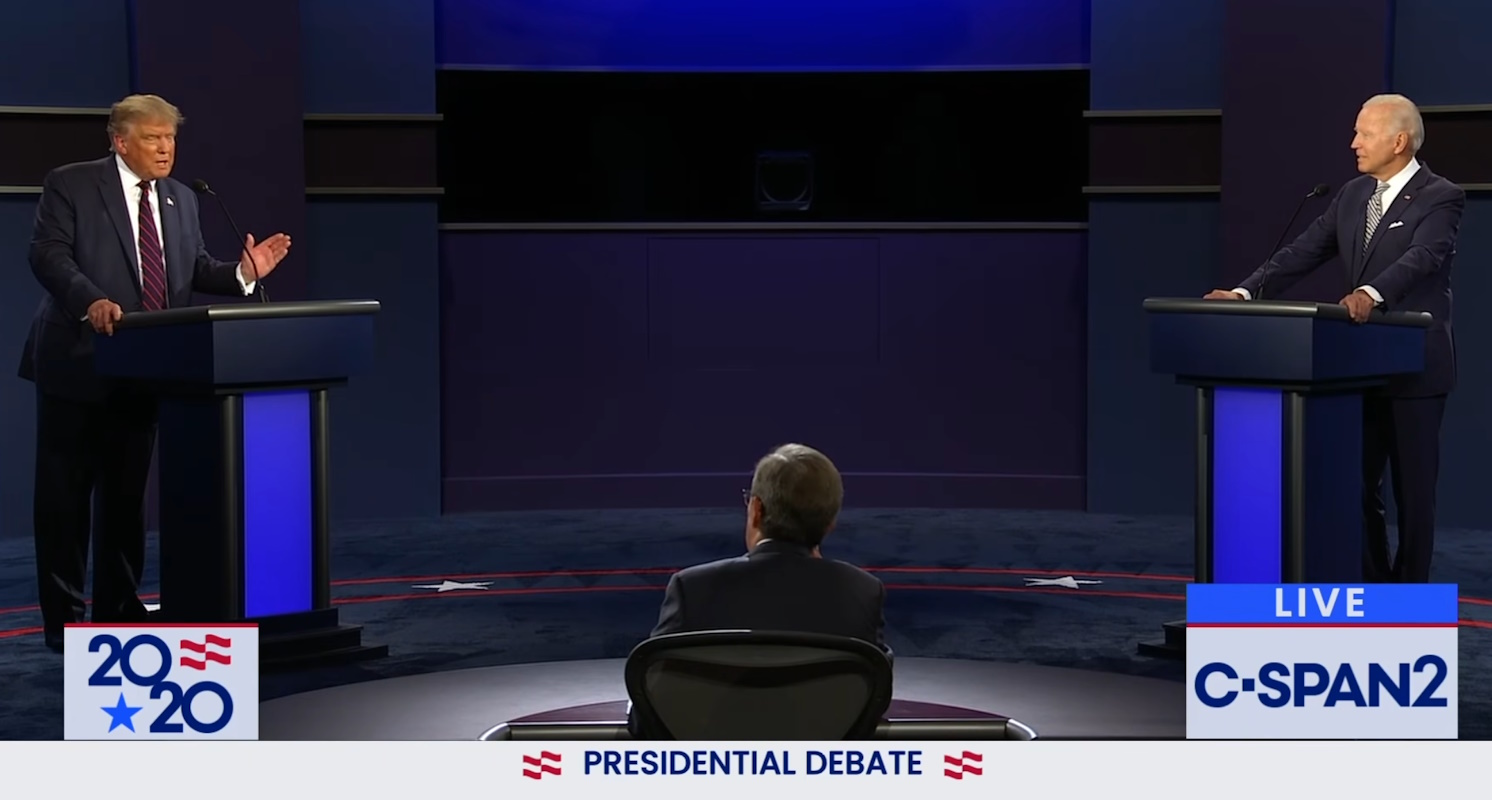
It’s rare to get a single year in which both the United States and the United Kingdom go to the polls for big general elections. In fact, the last time this happened was in 1992 – when John Major was unexpectedly re-elected as Prime Minister in May before Bill Clinton unseated George Bush in November. With the current British government consistently behind the opposition in opinion poll after opinion poll, an autumn election could be on the cards for us this year; I’ve heard November the 14th and October the 24th bandied about as potential election days. These dates would put the UK and US elections within a few days of each other – something that hasn’t happened since 1964.
The ’92 general election is the first one that I can really remember following and being interested in as a kid – even as many of the policy issues went way over my head, I was still gripped by the democratic process and the idea that we could have another new Prime Minister. In those days I didn’t pay as much attention to the American election; my fascination with the US and its systems of government would develop later! But I was definitely following along with John Major’s “soapbox” campaign in 1992 as he faced off against a renewed Labour Party under the leadership of Neil Kinnock. Listening to election news on the radio at lunchtime at school definitely singled me out as a geek!
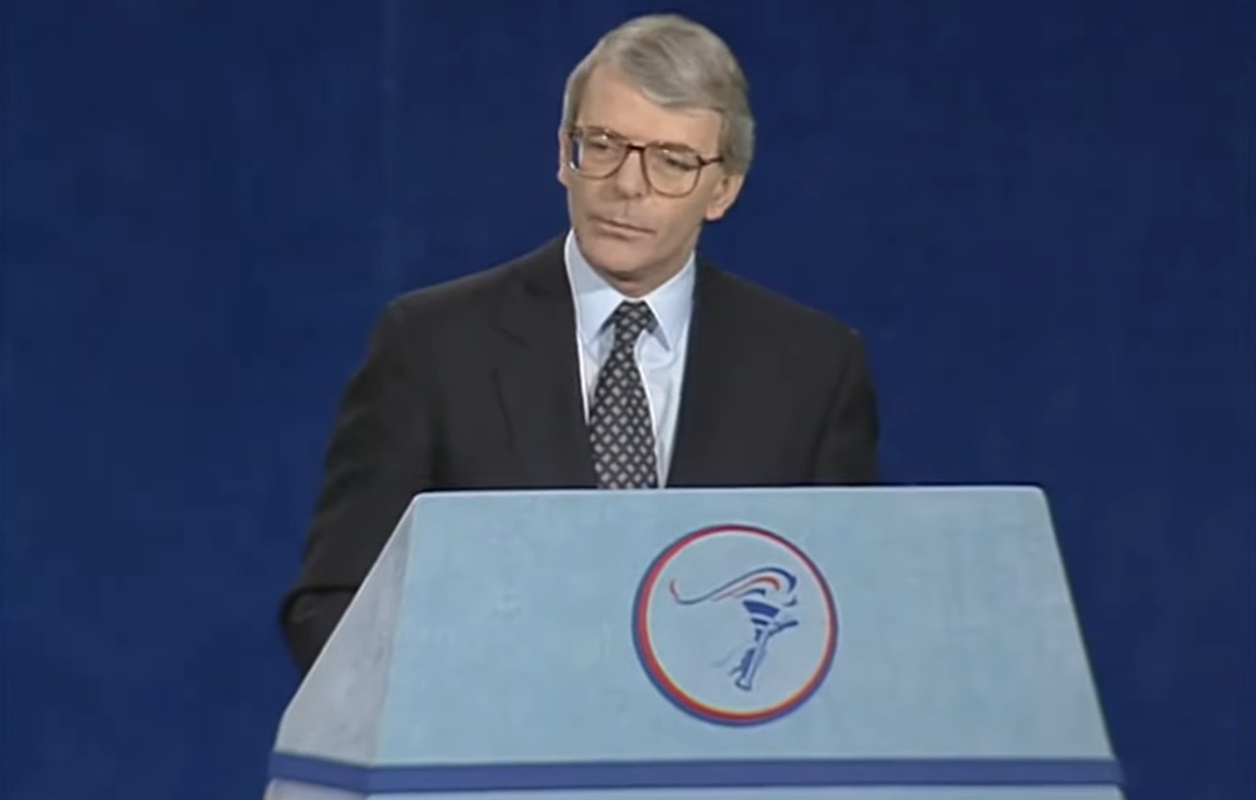
But that’s enough history for now!
As media-literate folks – which I assume you are if you’re reading an article like this one, at any rate – we want to keep on top of what’s going on in the political sphere… but we don’t want to succumb to bias along the way. With the political environments both here in the UK and over in the US being so divided and polarised, finding unbiased or at least fair sources is increasingly difficult. It’s contingent upon us to not simply accept what we’re being told, but to double-check, or to look around for other sources of news. In this piece, I want to highlight a handful of outlets that I personally follow and regularly check in with – not because they’re free from all bias, but because they can provide analysis and insight that I find interesting or useful.
News and politics can be entertaining, and a well-presented programme can go a long way to making up for “boring” things like policy details or statistics. But we have to be careful not to let flashy graphics or a charismatic presenter blow us off-course; just because a speaker is articulate or passionate doesn’t mean they’re speaking the truth. That sentence should be applied to politicians… but it’s also true of presenters, anchors, analysts, podcasters, and other folks in the news media space.
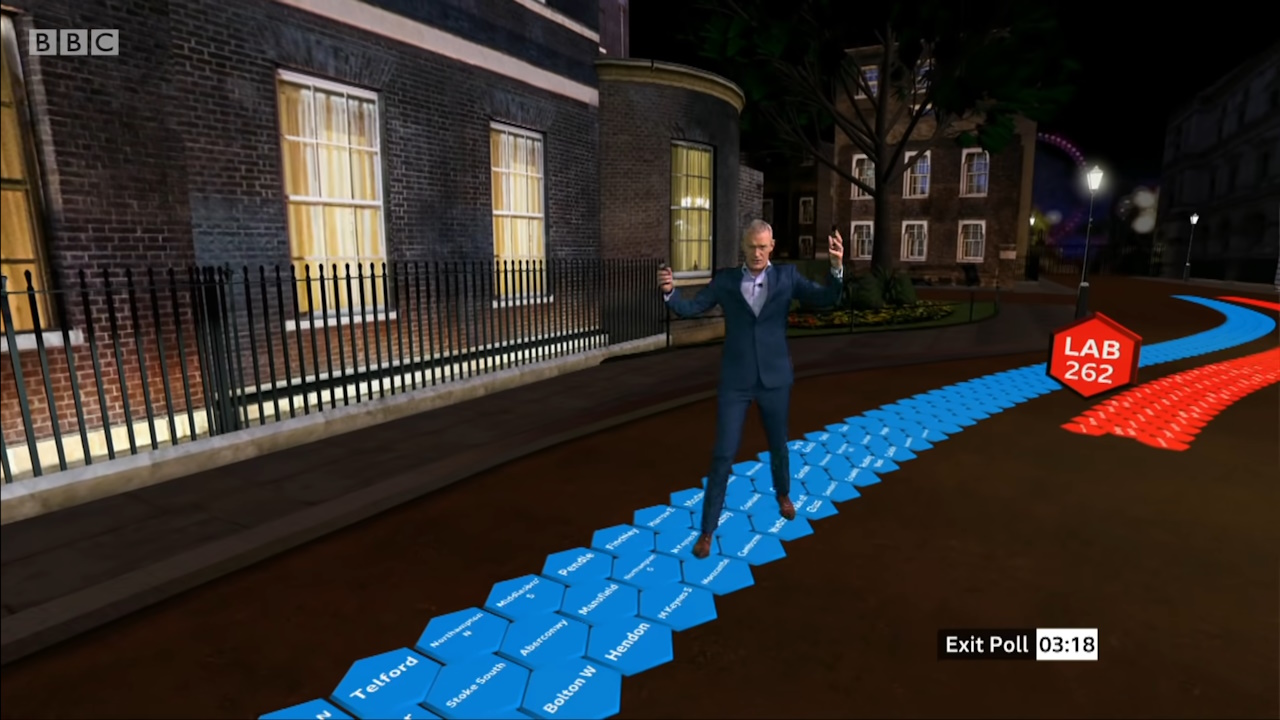
So I guess what I’m saying is this: don’t take any individual news source as “gospel,” nor even really at face value. If you have the time to research a subject – by which I mean doing more than just a cursory Google search – then that’s great; trying to gather different sources that examine the same topic or story is just as good.
That’s what I try to do, at least. I’ve diversified my news sources in recent years, and it really is amazing how one-sided some outlets can be. Even if we don’t agree with what someone has to say, hearing another perspective can be incredibly valuable. In these increasingly polarised times, stepping outside of one’s personal media bubble can be uncomfortable, and I get that. But even if your only objective is to better understand the other side’s talking points so you can more effectively argue against their position… it’s still worth doing!
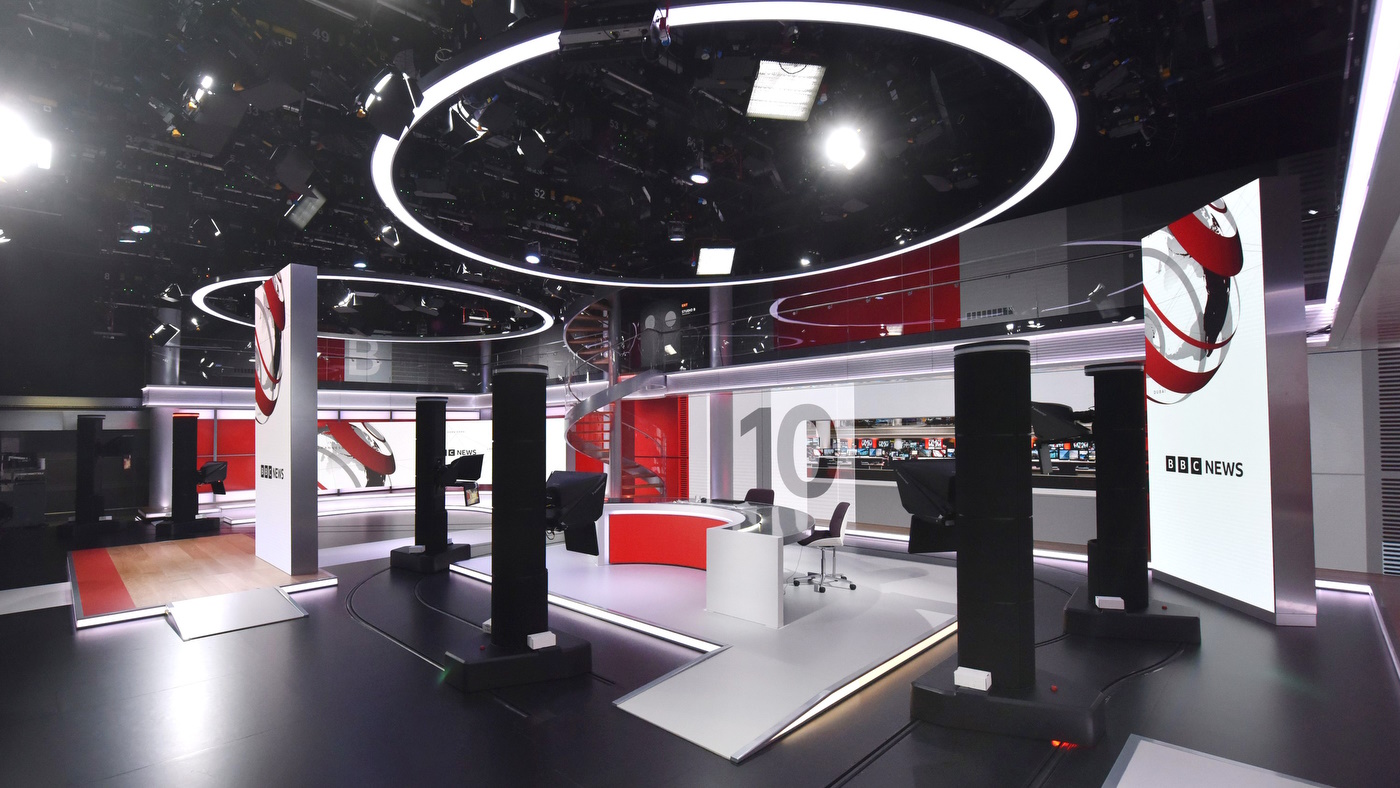
Having seen many elections and referenda come and go over the years, I find a lot of the passion behind individual candidates and parties to be a younger person’s game. When the same pundits and talking heads hailing this election as being “the most important in our lifetime!!!” have been using that exact same line for twenty years or more… well, let’s just say the impact wears off! That doesn’t mean that there aren’t big and important issues at stake, of course. There usually are!
Donald Trump is someone who, for close to a decade now, has managed to evoke – and provoke – incredibly strong reactions from supporters and opponents alike. His presence in the election this year (assuming he survives the tangled mess of court cases he’s facing) automatically makes it a contentious and polarising race. Here in the UK, the departure of Boris Johnson from the political stage has left us – at least in theory – with two less-charismatic Prime Ministerial candidates! But there are other factors in the race, including the emergence of Reform as a new political party on the right, debates over polarising issues like immigration and the conflict in the Middle East, and the ongoing fallout from Brexit.

I’m not in the business of telling people who to vote for or how to vote. And this year – for the first time in a long time, really – I’m not actually certain who I’m going to be voting for here in the UK. I have my ideological leanings – as we all do, of course – and here in the UK there are more than two parties to choose from… even if only the main two seem capable of forming a government. But I won’t be “making an endorsement” nor telling anyone how I think they should exercise their right to vote. As far as I’m concerned, that’s between you and the ballot box!
What I’m going to do now is briefly highlight a handful of pundits, podcasts, content creators, and TV programmes that I think are worth checking out and following as this busy political year unfolds. There are some talented journalists and analysts out there in internet-land, and even if you just put something on in the background while you’re working or doing chores, it can still be useful and you’ll still get something out of it.

Now for the caveats: this is all my own opinion, meaning nobody paid me for a spot on this list. Most of the channels discussed below can be found on YouTube – which has become one of my go-to platforms for political content – but some can be found either on their own website or on platforms like Apple Podcasts. I’ll try to summarise what it is that I like about each channel/creator – but nothing about this is in any way objective.
With all of that out of the way, let’s look at my list – which is in no particular order.
Number 1:
Political Currency
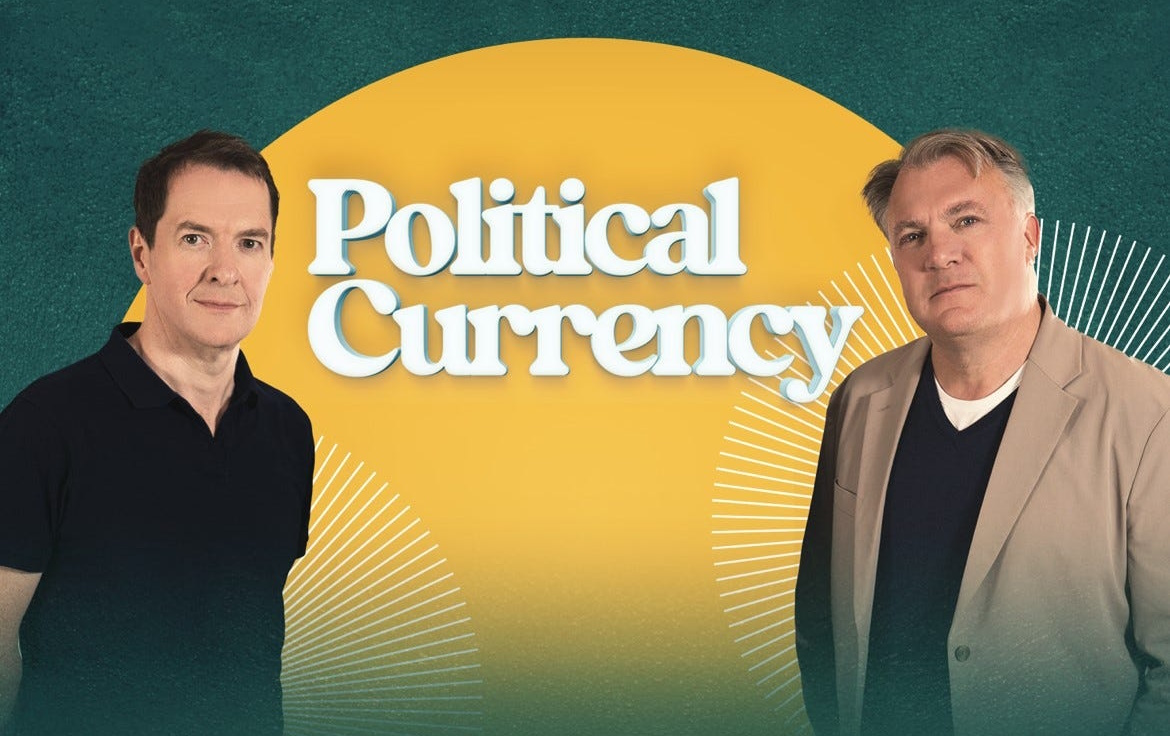
There are several podcasts in the UK at the moment in which former political opponents share a stage. I guess that kind of thing is in vogue at the moment – but it’s simultaneously interesting to hear from people with different ideological leanings and somewhat heartening, in these times of polarisation and division, to see two former adversaries working together. Political Currency features former Chancellor of the Exchequer George Osborne and his one-time rival, former Shadow Chancellor Ed Balls. The two seem to have developed a genuine rapport after being away from frontline politics for close to a decade now, and their take – particularly on matters of fiscal and economic policy – can be fascinating.
Number 2:
Brian Tyler Cohen
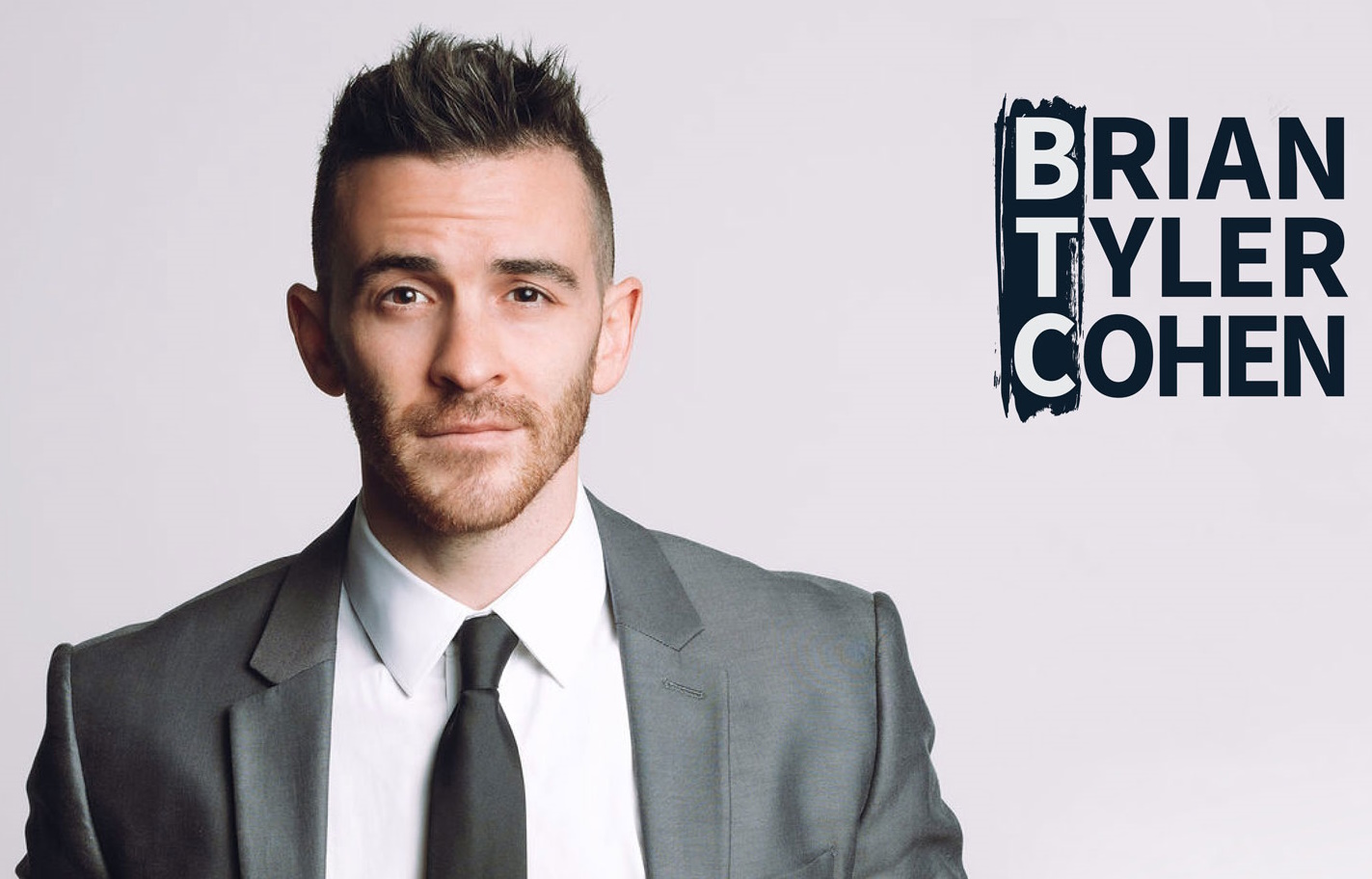
One of the biggest independent political shows on the progressive side of the aisle, Brian Tyler Cohen has been able to interview sitting members of Congress and even state governors. His show has different segments featuring a selection of recurring guests who really know their stuff when it comes to the legal and political issues of the day, and as a result it’s quickly become one of my go-to political outlets. However… I desperately wish that Cohen would stop using such awful clickbait titles for his videos and clips! There’s no need, and when every single video is presented as “the biggest breaking news story that’s just sure to torpedo Donald Trump’s entire career…” well, it wears pretty thin. In short: great content… once you look past the horrible clickbait titles.
Number 3:
PBS Washington Week
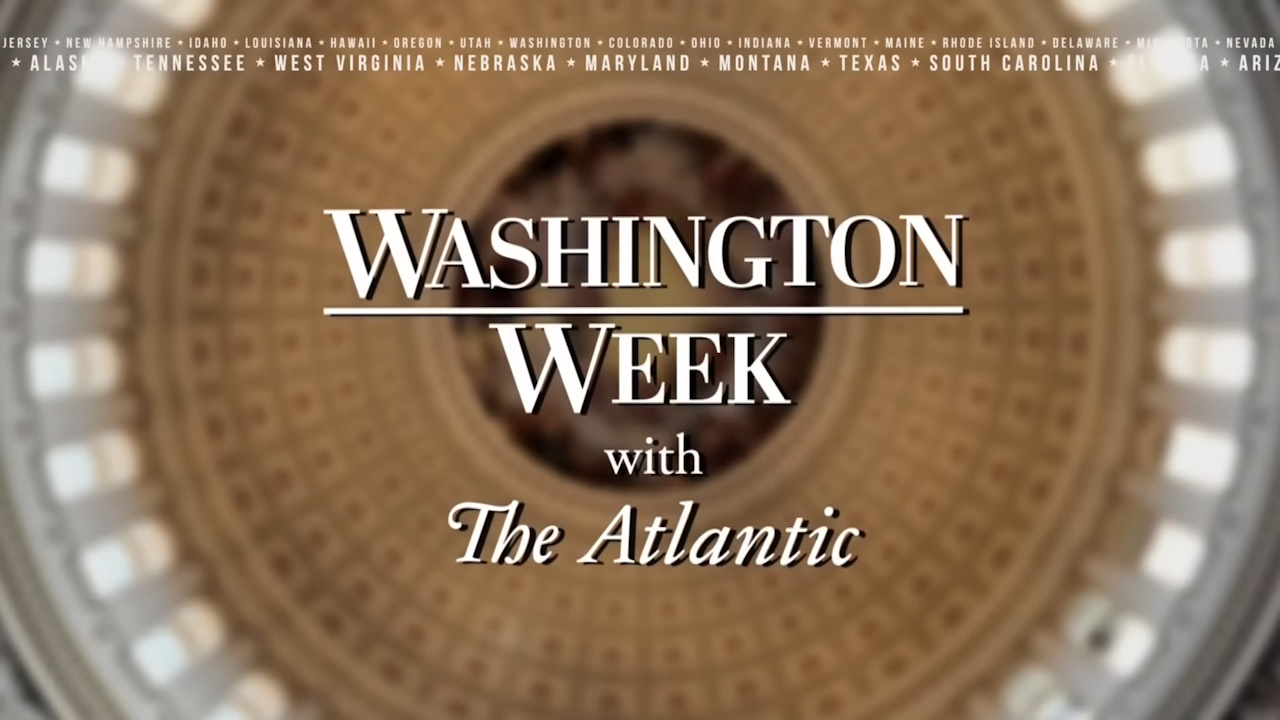
A political show that I’ve only recently come across, Washington Week is a measured, calm discussion between journalists and political commentators, and usually tackles most of the big stories of the week. Because it’s a weekly show, there isn’t as much of an opportunity to discuss breaking news or stories in progress, but that can be an advantage in some ways. PBS – an American broadcaster largely funded by donations – seems to have less of an outright bias than some of the other mainstream news outlets, and that’s reflected in Washington Week’s calmer tone and round-table format.
Number 4:
The “Mainstream Media”
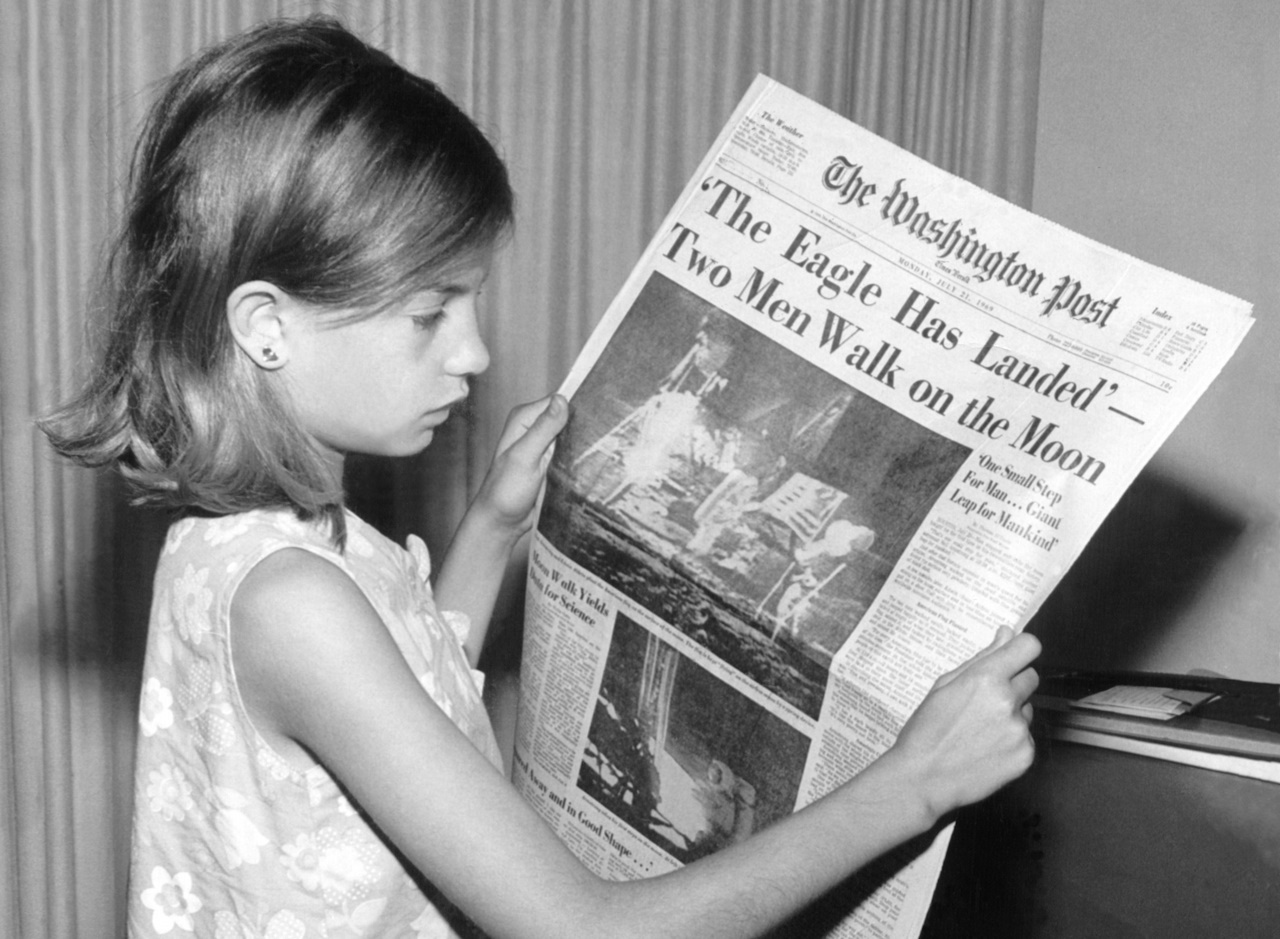
I’m lumping all of the main broadsheets, terrestrial news bulletins, and cable news channels into one entry for this list! Practically all of them rely on the same couple of newswires for many of their stories, after all. It can be hard to differentiate between some of the cable news broadcasters, particularly in the United States, and one should be aware of the ideological leanings and biases they have – as well as which mega-corporation owns which news outlet. But there’s still something to be said for old-school journalism, and practically all of the big newspapers and mainstream news channels have stories worth reading, interviews worth listening to, and investigative reporting that can shine a light on candidates, policies, and the political situation as a whole.
Number 5:
Times Radio
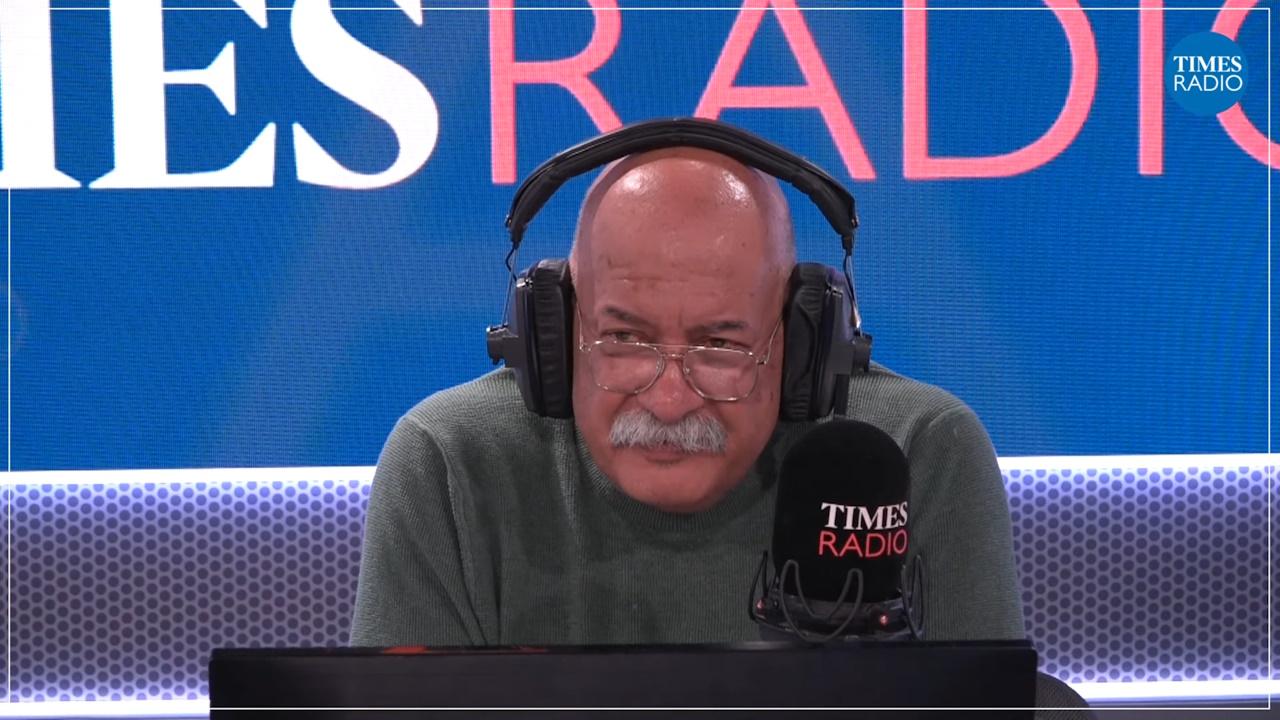
I’m in two minds about Times Radio. On the one hand, the new radio station – backed up by the long-running Times newspaper – has some well-respected political journalists, some great discussion pieces, and has started a new podcast dedicated to the upcoming election. On the other, its coverage of the Russia-Ukraine conflict is laughably poor, so much so that I don’t trust a word of it. Definitely one to pick and choose which stories to follow… and one I’m a little suspect of. When it gets its political journalism right, Times Radio can be an interesting listen. When it goes too far down the propaganda route on Ukraine… I’m switching off.
Number 6:
LegalEagle

LegalEagle is an interesting one. The YouTube channel, which is run by a professional lawyer in the United States, began by looking at how the law and court cases are presented in works of fiction; there’s even an episode examining courtroom drama in an episode of Star Trek! But as the 2020 election unfolded, the channel started to do more videos looking at Trump’s legal cases, and this has continued as the ex-President’s legal woes have mounted. Though it’s not really about pure politics, if you want a closer examination of the law and how it could impact the election, LegalEagle is a great place to look.
Number 7:
Fox News
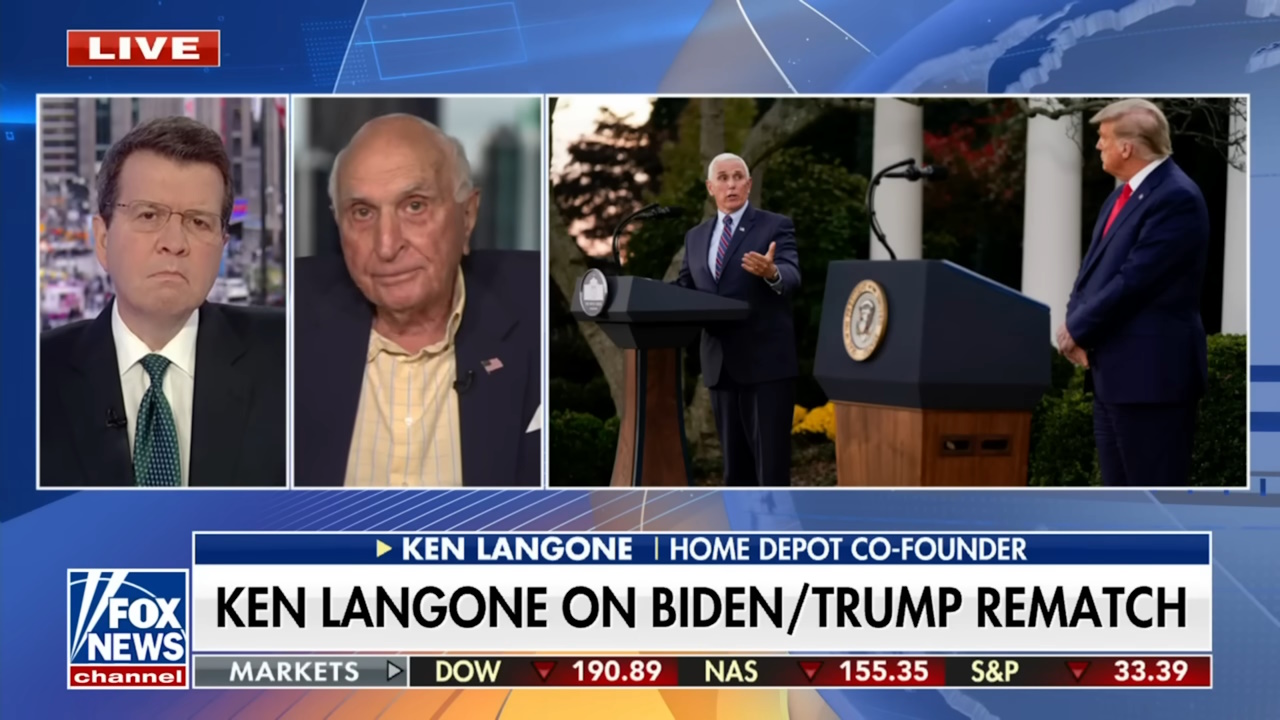
Bear with me on this one, especially if you’re to the left-of-centre politically. Fox is the single largest conservative-leaning news channel in the United States, though to its credit it wears its bias on its sleeve. If you want to know what right-wingers, Republicans, and Trump supporters are thinking – and perhaps more importantly, why they’re making certain arguments or favouring certain topics – Fox is a good place to start. And despite its reputation, there are some journalists and analysts worth listening to on Fox. Some of the big hitters, like Chris Wallace, have now departed the network, but I’d single out Neil Cavuto, Bret Baier, and John Roberts as presenters whose analysis and interviews can still be worth tuning in for.
Number 8:
The News Agents

A political podcast comprised of ex-BBC journalists, The News Agents is another I listen to almost every day. Unfortunately, the podcast is late with its uploads to YouTube, meaning you’ll have to listen to it at its source if you want to get that day’s episode instead of one that’s a couple of days behind schedule. No idea why the folks at Global Player can’t get their act together for that… but never mind! Because it’s hosted by bona fide journalists with years of experience covering politics, The News Agents brings a lot to the table – and there’s occasional discussion about how some of the big political stories are being covered in the media, too, which can be fascinating.
Number 9:
Robert Reich
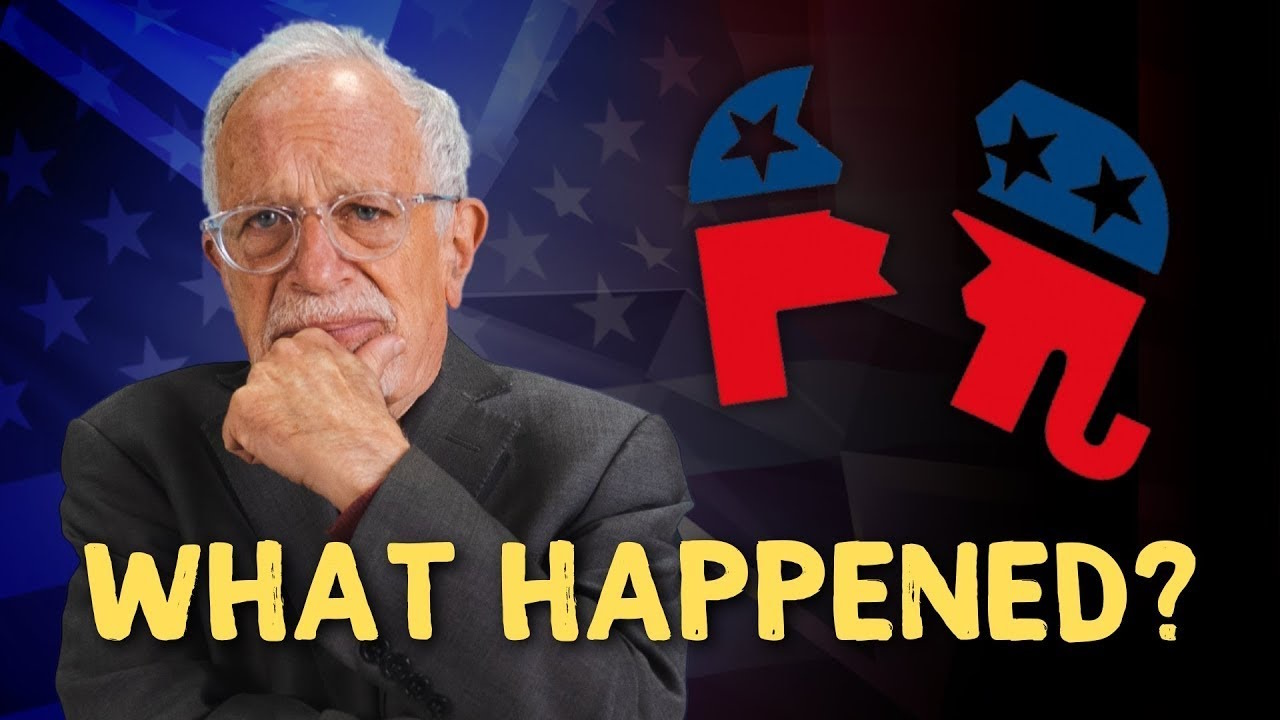
Former US Secretary of Labor (and professor) Robert Reich has a YouTube channel and weekly podcast/discussion show, and while he’s very partisan his take is still interesting. As someone who’s been in the Presidential cabinet, he offers a unique “insider’s” take on presidential politics in particular, and his area of expertise is economics – something he also discusses a lot.
Number 10:
The David Pakman Show

David Pakman is another podcaster and broadcaster in the same vein as Bryan Tyler Cohen, and occupies a similar left-of-centre, pro-Democratic Party position. Some of his takes can veer into “vote blue, no matter who” – an idiom I wholeheartedly disagree with, as I feel it gives cover to too many politicians who end up under-delivering! But Pakman’s take on the political news stories of the day is usually interesting and entertaining, and his coverage of the media and how the media talks about politics is generally very good as well.
Number 11:
The New Statesman

The New Statesman started out life as a magazine, but now much of its content is online. Though the website/app itself is paywalled, unfortunately, there are regular YouTube uploads – one of which features ex-BBC political editor Andrew Marr. Marr’s pieces are often thought-provoking, and free from the confines of BBC impartiality, he’s no longer afraid to share some of his political leanings and opinions while covering one or two of the week’s big stories. As the UK general election gets closer, The New Statesman is one to follow.
Number 12:
Leeja Miller
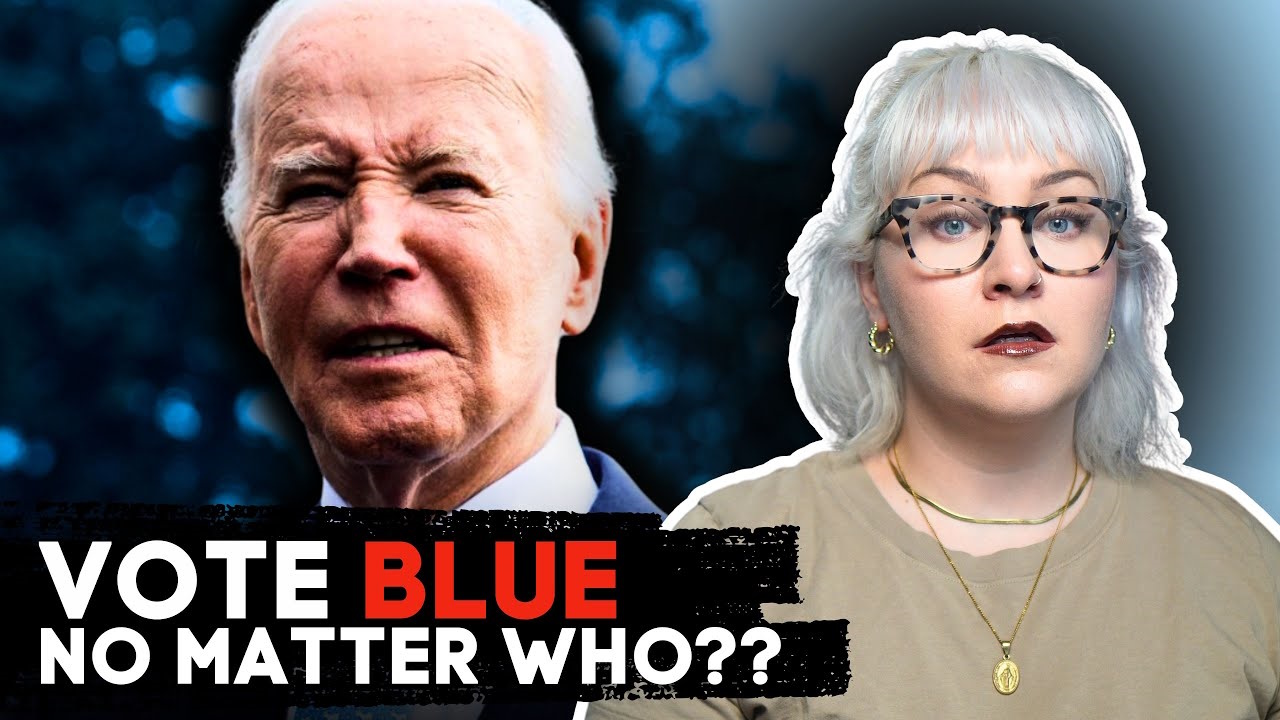
Another lawyer-turned-YouTuber, Leeja Miller talks about politics and the upcoming election in an interesting way. Her take often focuses on the law and the Constitution, and how the law and democracy are intertwined in the United States. Her video output can be quite eclectic, with pieces on topics as diverse as Watergate and the Alec Baldwin criminal case – but always with a legal and/or political focus. Miller is a great presenter, and clearly puts a lot of effort into researching the subjects she discusses. Not every video will be directly relevant to the election – but many are, and sometimes in unexpected ways!
Number 13:
Let’s Talk Elections

For a YouTube channel run by a university student, Let’s Talk Elections is surprisingly thorough and well put-together. The slideshow format puts an emphasis on maps, data, and statistics – which, intentionally or not, makes the series feel professional and reliable. If I were to make a criticism it would be that opinion polls (upon which Let’s Talk Elections heavily relies for content) are not always reliable, and have arguably become less reliable over the past decade or so. So your mileage may vary in that regard! But Let’s Talk Elections videos are well-researched, well-presented, and informative.
Number 14:
Ring of Fire/Farron Balanced
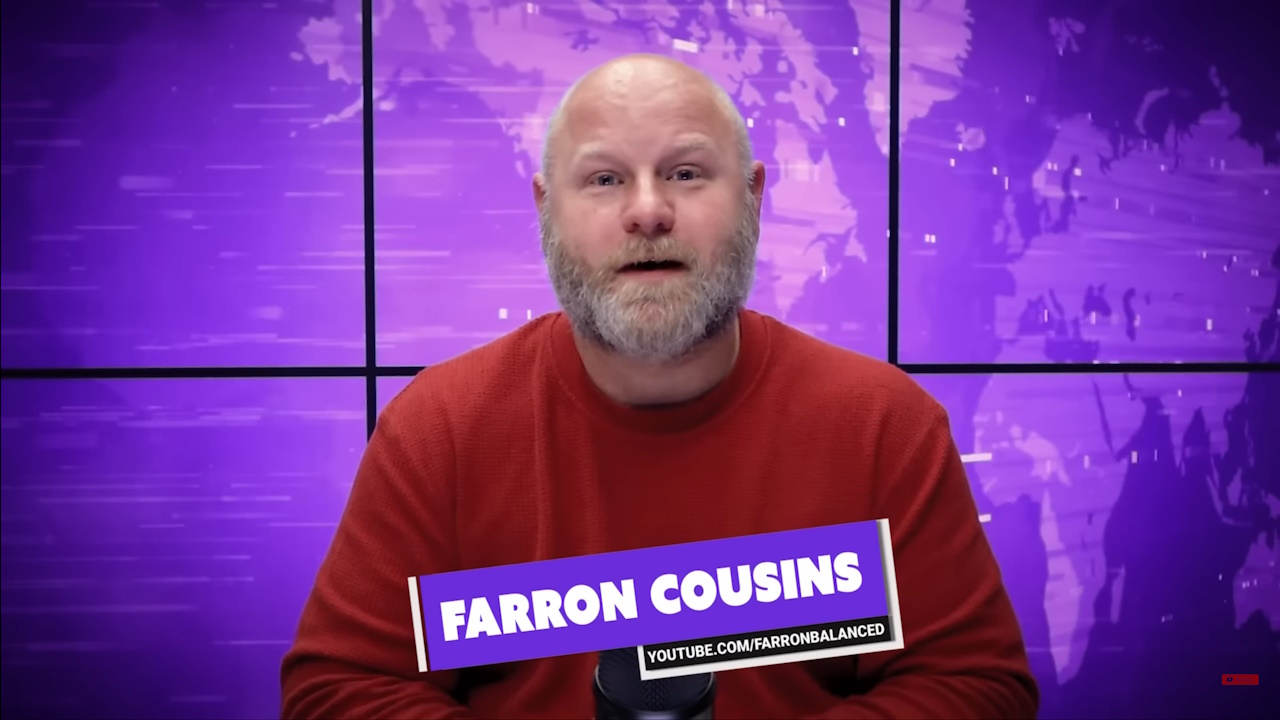
I’m putting these two YouTube channels together as they’re presented by the same individual and mostly talk about the same subjects. Presenter Farron Cousins can be very energised when talking about the political stories of the day – and that makes for an entertaining look at the news! There are occasionally other guests on the Ring of Fire programme, including a lawyer who often has an interesting take on Trump’s legal issues. Although I don’t agree with every one of Cousins’ takes on the news, he’s usually an interesting one to watch – on either of his channels!
Number 15:
Election Night
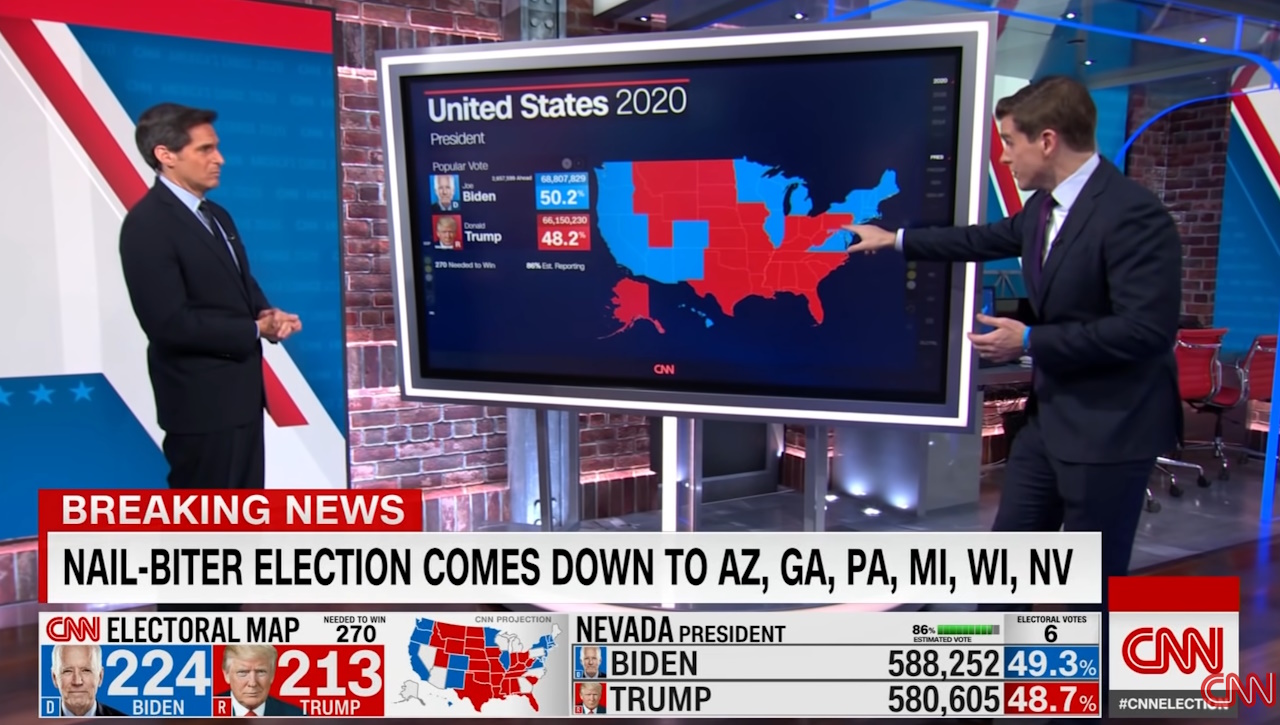
I’ve loved staying up late to watch the election results as they come in for a long time! Election night programming can be absolutely riveting for a political geek like me, with pundits and analysts breaking down exit polls and trying to extrapolate paths to victory for the various candidates and political parties. We only get one of these every few years – but there’ll be two in 2024! I’ll definitely be staying up into the wee hours to watch as the votes are counted here in the UK and across the pond.
So that’s it!
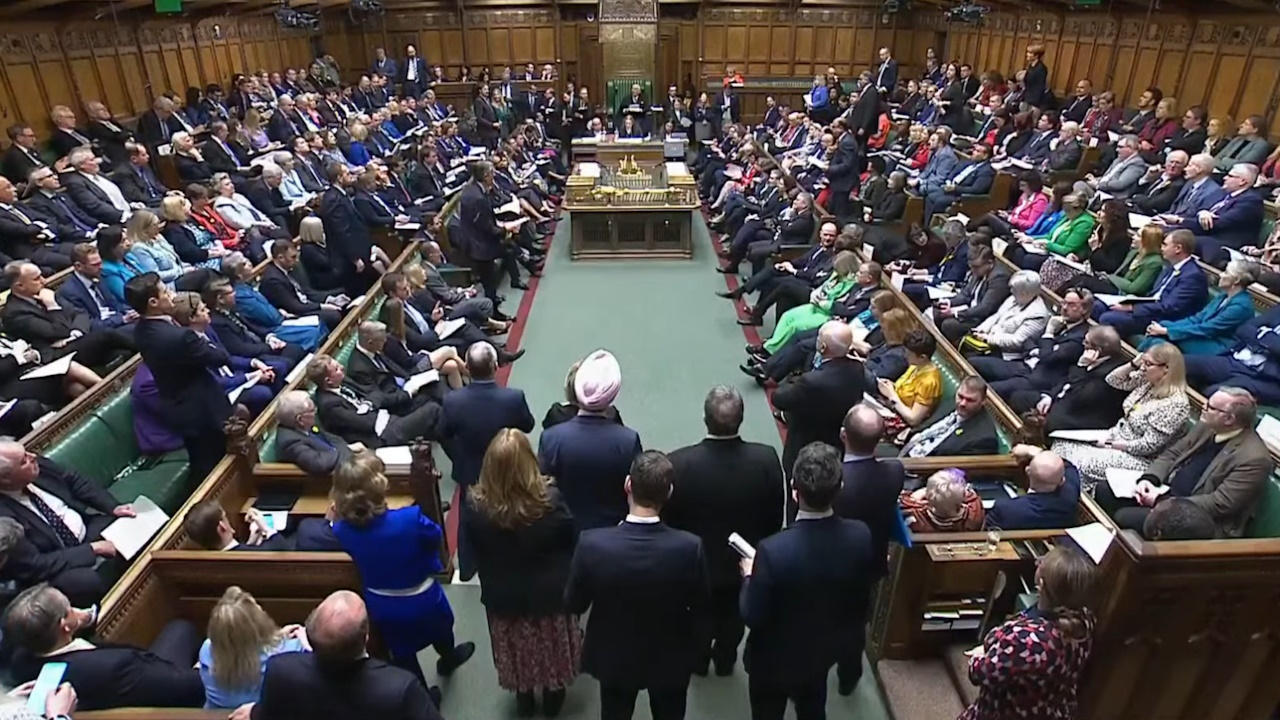
Those are my picks for what to watch in this election year. It’s far from an exhaustive list, of course; there are many other publications and content creators large and small who are well worth tuning in to see. I’m just getting started with TikTok (I’m old, I know) but there are several creators on that platform who are doing interesting things with a shorter format, and that’s just one example of another place to look.
As I said at the beginning, we all need to be aware of the biases and political leanings of the broadcasts and podcasts that we listen to – and try not to take any one source at face value. One of the nice things about platforms like YouTube is that it’s relatively easy to hop from one channel to another; to seek out different perspectives on the same story or political candidate. Many of you will already know which way you want to vote – and that’s good! But it can’t hurt to listen to what the candidates themselves have to say, as well as to hear different opinions from analysts, pundits, and podcasters as this contentious election year starts to jump into a higher gear.
I won’t tell you which way to vote. I won’t even tell you who you should listen to or trust. But I hope this list has, if nothing else, given you a place to start or suggested a new podcast or YouTube show that you might not have come across before.
Trekking with Dennis is not endorsing any political party or candidate here in the UK or in the United States. All podcasts, YouTube channels, and other content discussed above remain the copyright of their respective publisher, broadcaster, distributor, etc. This article contains the thoughts and opinions of one person only and is not intended to cause any offence.

